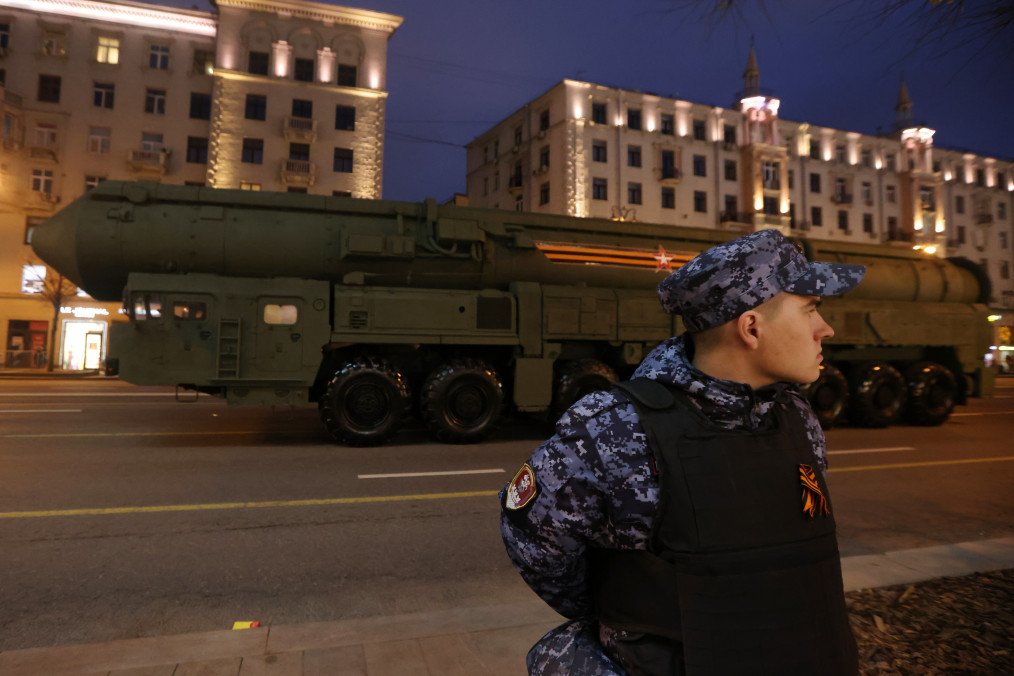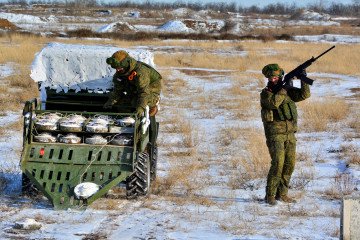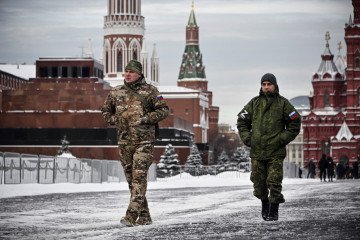- Category
- Latest news
Ukraine’s Kursk Operation Has Challenged Global Views on Nuclear Deterrence, Says WSJ

The breakthrough of the Ukrainian Armed Forces in the Kursk region was the first time in the world that a non-nuclear power seized the territory of a country that has such weapons. This is forcing the world to reconsider the role of nuclear weapons in deterrence.
This was reported by The Wall Street Journal.
For decades, the theory of nuclear escalation assumed that countries with nuclear weapons have significant immunity from being attacked since it risks provoking Armageddon. However, Ukraine is not a nuclear power, but Kyiv has managed to seize and control a large territory of the Russian Federation for more than three weeks.
Western leaders, military thinkers, and theorists are now grappling with what current events mean for the prospects of escalation and for future wars. Theoretical risk is being tested in a real-life way, forcing us to rethink the role of nuclear weapons in deterrence.
“We always thought nuclear weapons weren't good for anything but deterrence,” says James Davis, a professor of political science at the University of St. Gallen in Switzerland. “We really didn't think a nonnuclear power would invade a nuclear power.”
He also notes that academics will now have to rethink some long-held assumptions in disciplines that study nuclear policymaking.
The publication emphasized that the nuclear doctrine of the Russian Federation envisages the use of nuclear weapons only in the event of a threat to the country's sovereignty or territorial integrity. Thus, the operation of the Armed Forces in the Kursk region did not become such a threat or a crossing of the "red line" for the Kremlin.
-f88628fa403b11af0b72ec7b062ce954.jpeg)
-33441405bda6df220cc127a38043a08d.jpg)



-5c046892336e809095181703f36c6c6e.png)

-c439b7bd9030ecf9d5a4287dc361ba31.jpg)